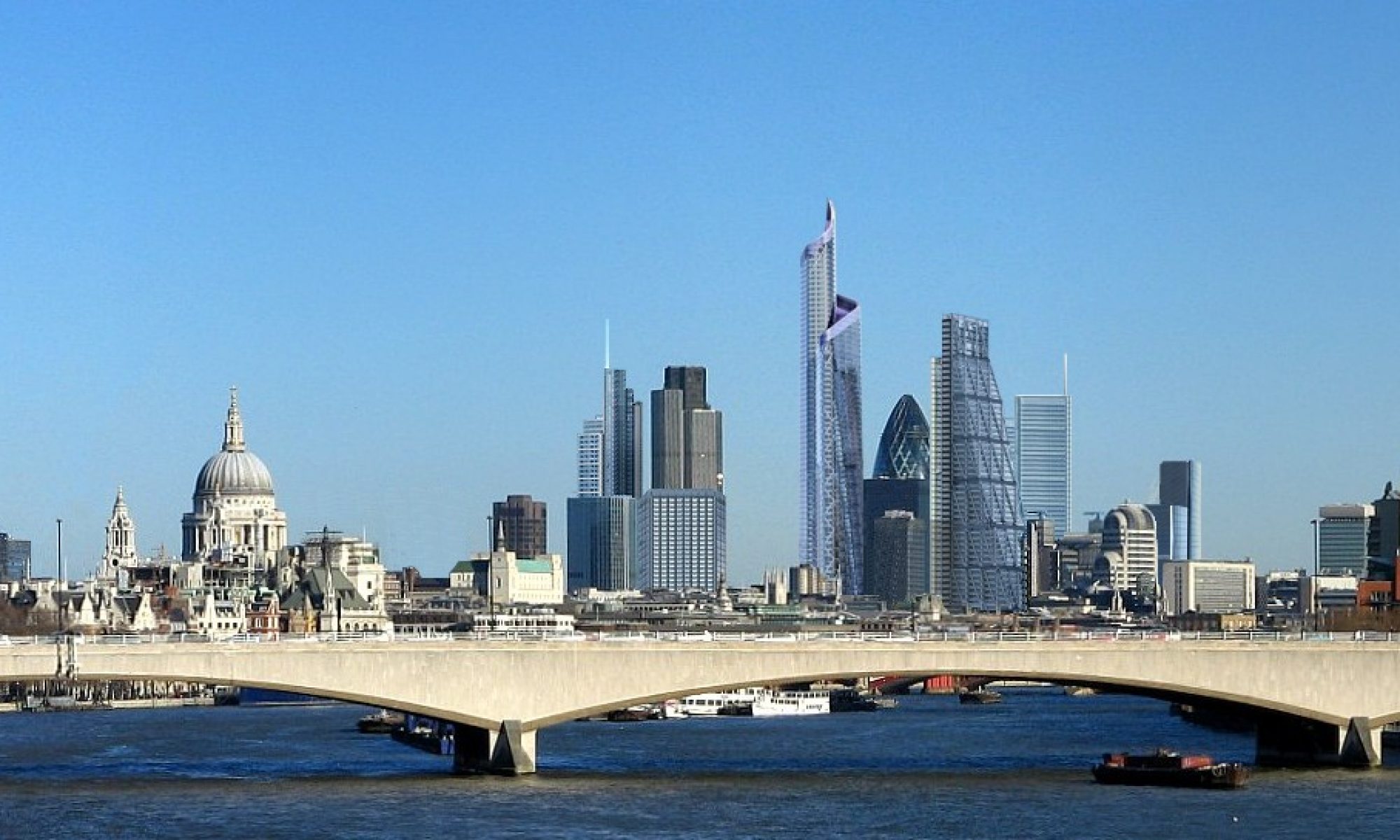Brief notes from the discussion at Imperial College, London, September 18, 2013. Much is verbatim and without referenced sources. Thanks to Imperial for hosting the event. Co-organised by the Network of Energy Doctoral Training Centres (@energycdtnetwor) and Energy Futures Lab (@energy__YES)
– thanks to the above for their hospitality
Panel Speakers:
Prof. Jim Seka – chair in Sustainable Energy
Dr Paul Fennel – senior lecturere, Clean Energy, Imperial
Dr David Kennedy – CE, Committe on Climate Change
Malcolm Grimston – Assoc Fellow, Chatham House
Steve Hargreaves – Corp Strategy Director, EDF Energy
.. and a room of 100 or so question filled audience
Opening comments:
– Importance emphasised of carbon sequestration, renewables and nuclear
– Commercial markets will not be able to regulate/plan for long term energy management – they typically only plan 4-5 years ahead
– Most nuclear plants small 10-20MW reactors, multiple small units colocated – easier to manage, safer than large monolithic structures
– Uranium proven to be plentiful – fossil reserve estimates have inc 250% (switching to thorium brings other benefits)
Discussion:
Major savings in gradual investment rather than making change in a rush at the end
– ‘prices increase by £100 by 2020 but flatten out after’
– electricity price doubling over past 10 yrs driven by gas increases
– policy costs hit electricity use not gas
– ‘don’t believe prices will ever return to 10 yrs ago’
UK has about 10 major electricity intensive industries we need and dont want to them to relocate
1.2billion people dont have access to electricity, many developing countries have only limited access, but a growing need
CCS (carbon storage) can work today, but is expensive
Energy efficiency – social change?
— hand-holding, area driven approach best for making people change
— may achieve 1/2deg required from the 6deg necessary (climate change)
— to everyone’s advantage, but not to the (competitive) advantage of any single country
— elec.cars would be great benefit in flattening out prices
— energy efficiency actually increases demand for other energy consumption
1st solar generation in 1883, wind in 1884, whilst Edison’s fossil powerplant started just before in 1882
Development of India or China alone (current estimates), if not low-carbon, is enough to tip the environment and override any savings by the rest of world
Decarbonising industry – industry accounts for 65% of energy use, compared to domestic (35%) upon which the media is focused
— 10% of 35% is only half the saving of 10% of 65%
Any govt that charges an effective carbon tax would be unelectable from hike in energy costs
USA saving carbon by using shale gas, but exporting the coal it would have used itself! – common to other countries that developed an alternative cleaner energy source
Most effective/economical: Energy efficiency, Biomass, CCS
Have a total-view tax system that taxes pollution-creating generation and consumption, rather than domestic consumers or clean industry
Low carbon investment drives economy
IDEAS
Maximum turbine generation limited to 1.5MW by stress forces on the drive train – also applies to marine systems, eg. tidal power
Remote (WIFI) control energy sockets for ‘continuous’ consumption analysis
Thermopiles generating 12v on any 60deg temperature gradient
